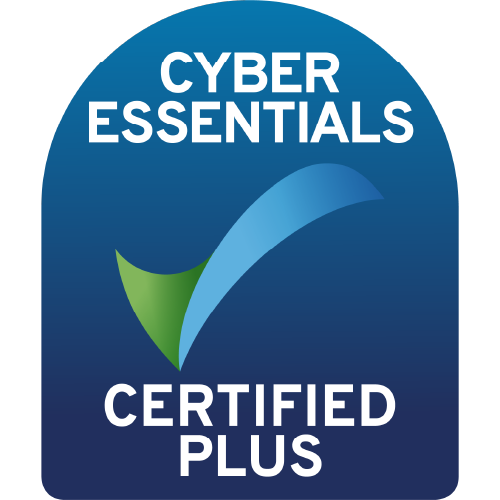It’s National Cyber Security Awareness Month (NCSAM)
October marks National Cyber Security Awareness Month (NCSAM), a global initiative that emphasises the importance of protecting our digital environments. Established by the U.S. Department of Homeland Security in 2004, NCSAM has grown into a worldwide initiative that aims to raise awareness about online threats and encourage both businesses and individuals to take proactive steps in order to safeguard themselves from cyberattacks.
At DuoCall MSP, we understand the importance of cyber security for businesses of all sizes, and we’re here to help you stay ahead of existing and emerging threats. This month, we’ll be highlighting the importance of cyber security and providing practical steps businesses can take to strengthen their defences. With cyberattacks growing more sophisticated by the day, adopting strong cyber security measures is no longer an option—it’s a necessity.
The importance of cyber security
In today’s hyper-connected world, the threat of cybercrime is ever-present. Every day, businesses face risks such as data breaches, ransomware attacks, phishing schemes, and malware infections. These attacks can have serious consequences, including financial losses, operational disruptions, legal liabilities, and reputational damage. In 2023 alone, the global cost of cybercrime was estimated to exceed £6 trillion, a figure that is expected to grow in the coming years. No industry is immune, and even small to medium-sized businesses (SMBs) are frequently targeted by cybercriminals looking for vulnerabilities.
For businesses, the stakes are especially high. Sensitive customer data, intellectual property, financial records, and proprietary systems are all prime targets for attackers. A single breach could potentially lead to devastating consequences, ranging from loss of customer trust to hefty regulatory fines. This is especially true with stringent compliance standards such as GDPR (General Data Protection Regulation) and the UK’s Data Protection Act enforcing strict guidelines on how businesses must protect personal information.
Prioritising cyber security isn’t as simple as installing antivirus software or firewalls; it’s about creating a comprehensive approach to protecting your digital assets. With cybercriminals employing increasingly sophisticated tactics, businesses must adopt a multi-layered strategy that covers not just technology, but people and processes as well.
Key cyber security threats in 2024
To effectively safeguard your organisation, it’s important to stay informed about the latest threats. Some of the key cyber security threats businesses face in 2024 include:
Steps to strengthen cyber security in your business
With the threat landscape constantly changing, businesses must adopt proactive measures to protect their digital assets. Here are some key steps you can take to enhance your cyber security strategy:
It’s time to prioritise cyber security within your business
As cyber threats become more sophisticated, it’s more important than ever for businesses like yours to prioritise cyber security. National Cyber Security Awareness Month serves as a reminder that every business, regardless of size, must take proactive steps to protect their digital assets. By implementing robust security measures, educating employees, and staying informed about the latest threats, your organisation can significantly reduce the risk of falling victim to cybercrime.
At DuoCall MSP, we’re committed to helping businesses strengthen their cyber security posture. Contact us today to learn more about how we can support your organisation stay safe and secure in the digital world.





